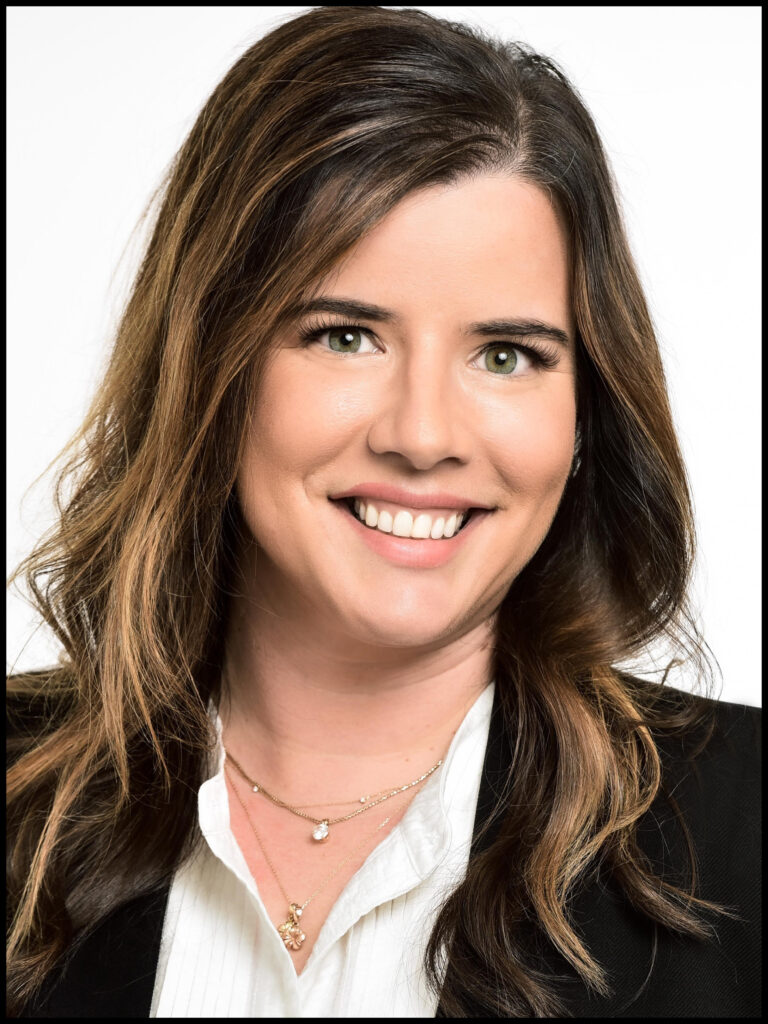
May 19, 2025 | Sacramento & Livestream
8:00 a.m. – 4:00 p.m., PT
Capitol Event Center*
1020 11th Street, Suite 200
Sacramento, CA 95814
(Please plan for a 5-minute walk after parking.)
*Additional parking can be found at the Sheraton Grand, Hyatt Regency Sacramento, and the Esquire Building.
9:00 – 9:15 | Basics of Consent
This brief session will highlight key concepts related to consent and every competent adult’s fundamental right of self-determination over their body. This speedy session will also establish a foundation for addressing the challenging issues to be tackled throughout the seminar. Recommended pre-seminar viewing: Basics of Informed Consent webinar recording.
9:15 – 10:15 a.m. | Decisionmakers and Complex Hospital Discharges
For patients who lack the requisite capacity to consent, care teams must look to the appropriate legal or designated decisionmaker for consent. Decisionmakers are to act on behalf of patients and in their best interests. But what happens when there is dispute about what is in the patient’s best interest? Is a decisionmaker not acting in the patient’s best interest when they disagree with a discharge plan or placement? This session will provide an overview on rules related to decisionmakers and discuss practical tools for managing conflicts with decisionmakers in the context of hospital discharges.
10:15 – 10:30 a.m. | Break
10:30 – 11:15 a.m. | Legislative Update
A new administration will layer new federal policies on top of state-mandated changes. This session will address federal rules and recent California legislative changes regarding involuntary holds, Artificial Intelligence, substance use disorder treatment, patient safety, human trafficking victims, data privacy, and more.
11:15 a.m. – 12:15 p.m. | Behavioral Health
Two-and-a-half years after the California legislature enacted AB 2275 to provide clarity around some of California’s involuntary patient hold requirements, questions and confusion persist. Newer legislation, such as AB 43, adds further complexity. This session will review new California behavioral health laws and identify where ambiguity still exists. This session will include a discussion on best practices for navigating the confusing landscape of behavioral health laws in California, as well as updates on SB 929’s data collection requirement.
12:15 – 1:15 p.m. | Lunch
1:15 – 2:15 p.m. | Licensing, Certification and Surveys
Surveyors never show up at convenient time. Neither do adverse events, privacy breaches, or disasters. The key is to be prepared. This session will address licensing and certification requirements and feature best practices and preparation tips to help alleviate your stress when stressful events occur.
2:15 – 3:00 p.m. | Scenes from the Field (Part One) | Presentation not available.
Pulled from the Silver Screen – theoretical case studies that raise serious consent-related questions sure to challenge your critical thinking skills! How these people got themselves into these situations we may never know, but we will explore how to get them out and examine your hospital’s key decisions along the way. Issues to be addressed include adverse event reporting, gray-area privacy concerns, behavioral health and capacity questions, and the most frustrating discharge scenarios possible!
3:00 – 3:15 p.m. | Break
3:15 – 4:00 p.m. | Scenes from the Field (Part Two) | Presentation not available.
Pulled from the Silver Screen – theoretical case studies that raise serious consent-related questions sure to challenge your critical thinking skills! How these people got themselves into these situations we may never know, but we will explore how to get them out and examine your hospital’s key decisions along the way. Issues to be addressed include adverse event reporting, gray-area privacy concerns, behavioral health and capacity questions, and the most frustrating discharge scenarios possible!

Alicia Macklin, Esq.
Partner
Hooper, Lundy & Bookman PC
Ms. Macklin is a trusted advisor to a range of inpatient and outpatient behavioral health care providers, along with hospitals and health systems. She has counseled many of California’s hospitals on unsettled areas of law, with an emphasis on compliance with the Emergency Medical Treatment and Labor Act (EMTALA). Her work with providers includes advising on licensing and accreditation, Medicare and Medi-Cal reimbursement, federal and state privacy and confidentiality requirements, and operational issues. She also helps California providers navigate voluntary and involuntary treatment under the Lanterman-Petris-Short Act (LPS Act).

Julia B. Michael
Senior Managing Counsel
Kaiser Foundation Hospitals / Health Plan
Julia Michael is a respected health care industry legal advisor and executive dedicated to ensuring appropriate patient care while providing practical advice to mitigate risk for health care providers and health plans. Julia manages a team of attorneys responsible for supporting Kaiser Permanente’s hospital operations and care delivery. She manages and supports legal, risk and compliance issues related to telehealth, licensing, accreditation, benefits and coverage (including Medicare and Medicaid), consent and bioethics, EMTALA, privacy and data security, AI, medical staff, credentialing, GME, quality, AKS and Stark laws.